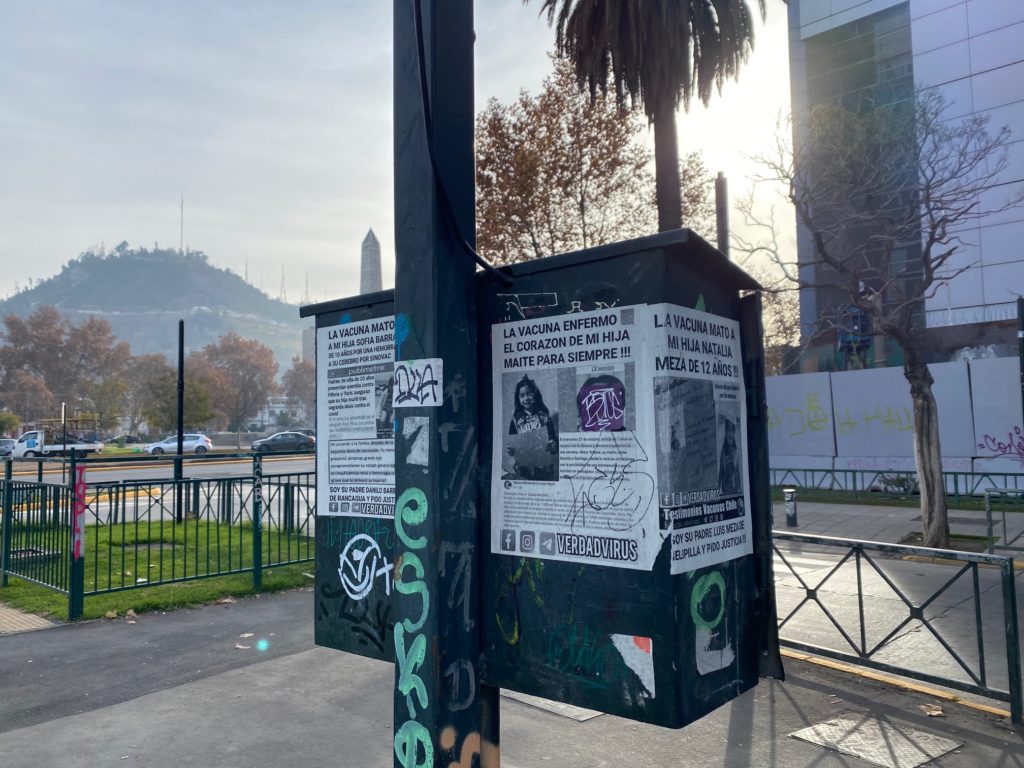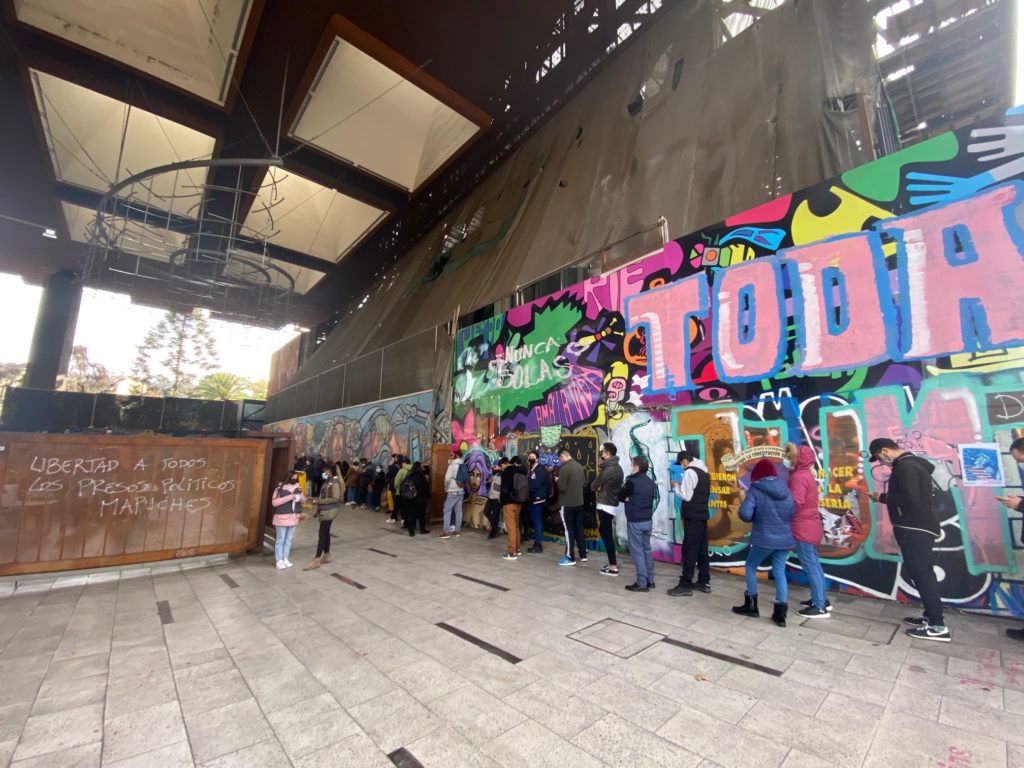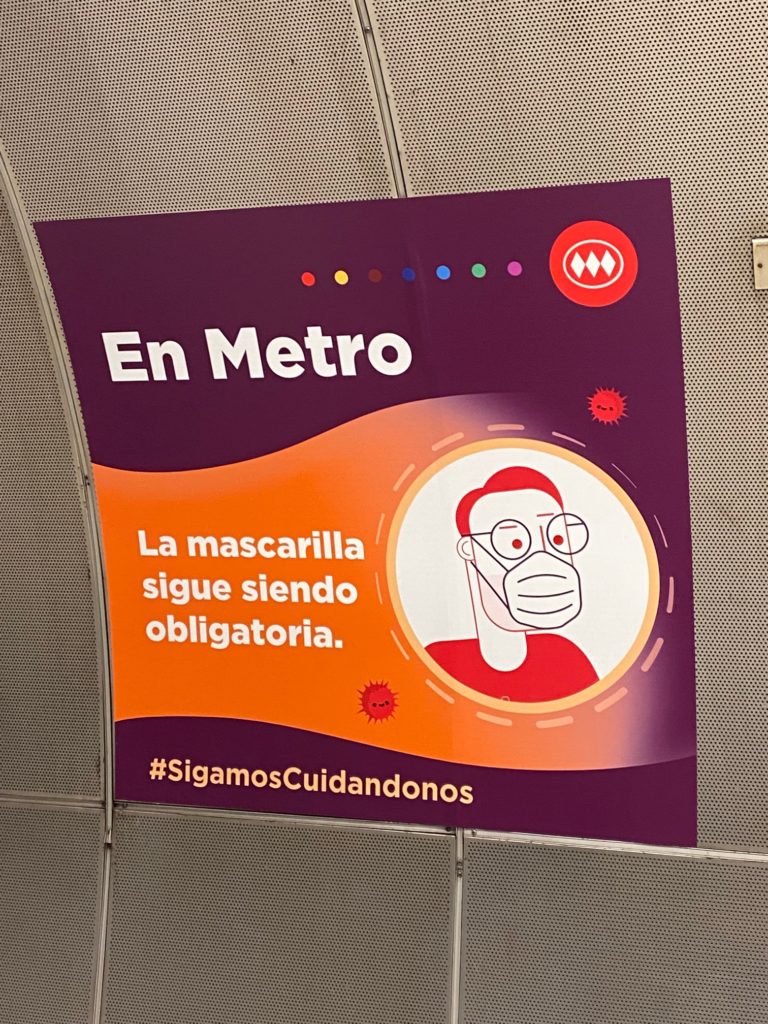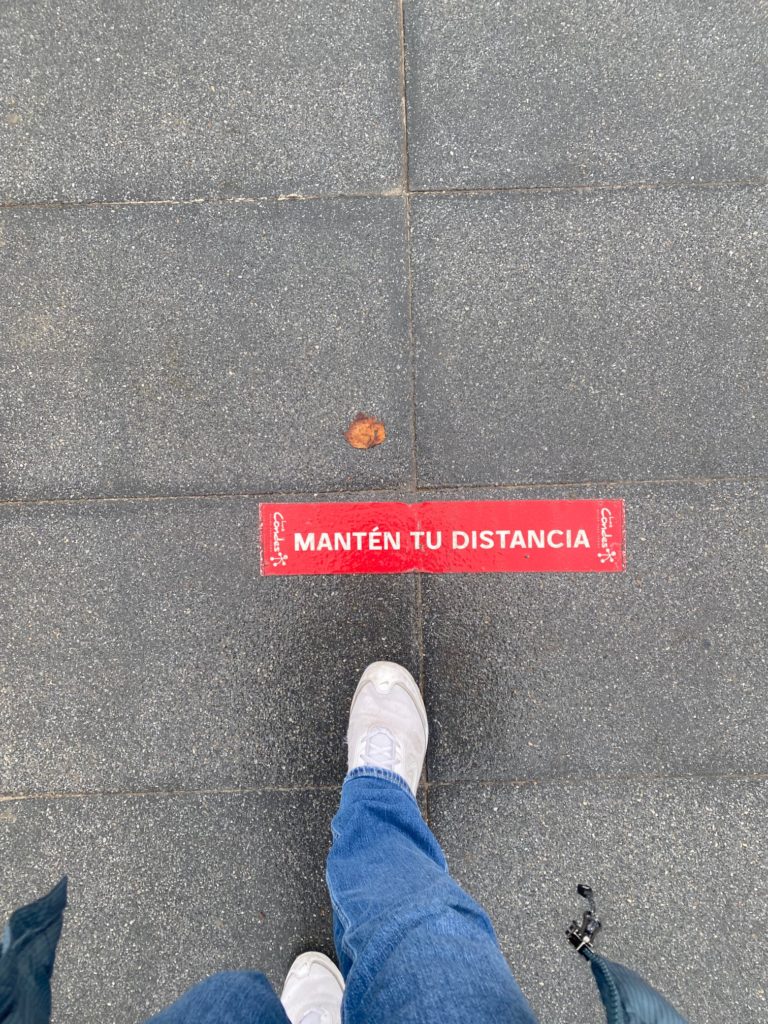As a future medical professional, I was really curious to learn about the healthcare system in Chile while in the country through my conversations with the people living there. Chile is very much centralized around Santiago, so the city has excellent healthcare and all your needs will be met here. Consequently, the extreme centralization has left other cities and regions with some deficits; for example, I was told a story where an individual was unable to get quality leg surgery in La Serena and was forced to go to Santiago for treatment. Emergency services are also underfunded, and nowhere near as fast, efficient, and large as in the US; we were told to always be super careful when going on hikes as no one’s going to come rescue you (for a while, at least) if you get lost. Nevertheless, Chileans seem quite satisfied with government policies that support their health, such as through paid maternal leave.
The power and efficiency of the Ministry of Health is perhaps most evident through their continued response to the COVID-19 pandemic. Masks are mandated in all indoor spaces and many Chileans continue wearing them outside in the city as well. COVID tests are provided for by the government and tracked; violation of quarantine can result in hefty fines and even arrest. The greatest success of Chile in response to the pandemic has been their high vaccination rate. It was the first country in South America to get vaccines for citizens; at this time people from neighboring countries, especially Argentina, came to Chile to get vaccinated. Additionally, the Mobility Pass is required for most indoor activities such as eating out, visiting museums, etc. The Mobility Pass is an online government tool, tied to your passport or RUT, that is used to verify whether you are fully vaccinated. At the moment, to be fully vaccinated, you have to have received the original 2-dose series as well as additional boosters every 6 months. For most Chileans, this means they now have to have a fourth shot to be considered fully vaccinated. While there is some reluctance, frustration, and struggle with this highly regulated system, most individuals are compliant and many of those that I’ve spoken with are thankful for the way that the government has handled the pandemic.



